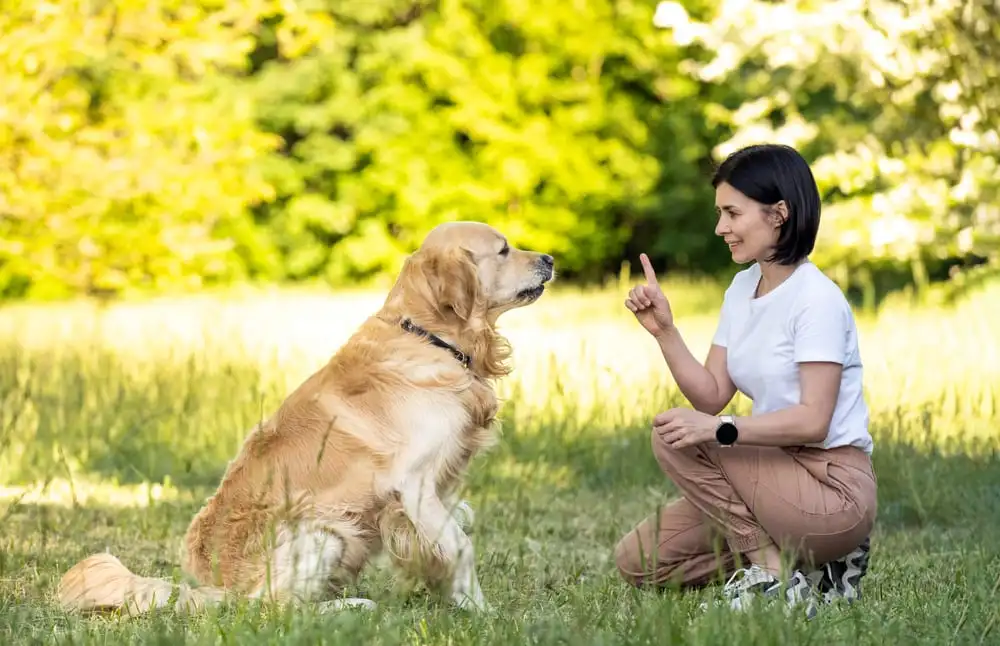What Is a Dog Boarding School?
A dog boarding school combines training with overnight care. Unlike basic kennels, these programs allow dogs to stay for several days or weeks while receiving daily instruction or training. It’s a structured way to address behavior issues, improve obedience, and build good habits.

This guide explains what dog boarding schools offer, how they work, and what you should know before enrolling your dog,
Types of Dog Boarding Schools
1. Kennel-Based Programs
Dogs live in a facility and train with staff throughout the day.
2. In-Home Boarding
Your dog stays in the trainer’s home and follows a set routine with daily practice sessions.
3. Puppy-Focused Programs
These are designed for young dogs and focus on potty training, social skills, and basic commands.
How Dog Boarding Schools Work
- Initial Meeting: The trainer learns about your dog and goals.
- Training Period: Dogs stay at the facility for 1–4 weeks, depending on needs.
- Daily Routine: Structured training, rest, meals, and walks.
- Owner Pick-Up: The trainer reviews what your dog learned and gives you instructions to follow at home.
Benefits of Dog Boarding Schools
1. Structured Learning
Trainers work with dogs daily, which speeds up progress and limits confusion.
2. Behavior Help
Common issues like jumping, barking, or leash pulling can be addressed in a focused setting.
3. Convenience for Owners
You don’t need to set aside time each day for lessons. Your dog learns while you’re at work or traveling.
4. Better Social Skills
Dogs are often exposed to other dogs, people, and settings—helping them stay calm in new situations.
5. Follow-Up Support
Most programs show you how to continue the training after your dog returns home.
Choosing the Right Program
- Visit the location
- Ask about trainer certifications
- Check how they handle behavior problems
- Request a copy of the daily schedule
- Find out how they support owners after training ends
How It’s Different from Dog Daycare
Boarding schools are about long-term progress. Daycare may offer playtime, but it doesn’t provide structured learning. Boarding programs combine training with routine, which helps dogs stay consistent and calm.
Related Services
- Board and Train: Dogs stay overnight while learning basic and advanced commands.
- Puppy Training: Early socialization and manners development.
- Aggression Help: Focused behavior plans for dogs who bark, growl, or bite.
- Overnight Dog Boarding: Simple overnight stays without training—but with supervision.
Frequently Asked Questions (FAQs)
1. Will my dog remember me?
Yes. Most dogs adjust quickly and are happy to return home once training is complete.
2. Are boarding schools safe for nervous dogs?
A good facility will assess your dog first and adapt training to fit their needs.
3. How long does training take?
Most programs last 1–4 weeks, depending on goals.
4. What’s the average cost?
Prices range from $800 to $2,500 depending on the length and level of training.
5. What should I bring for my dog?
Bring food, medication, and any comfort items like a favorite toy or blanket.
